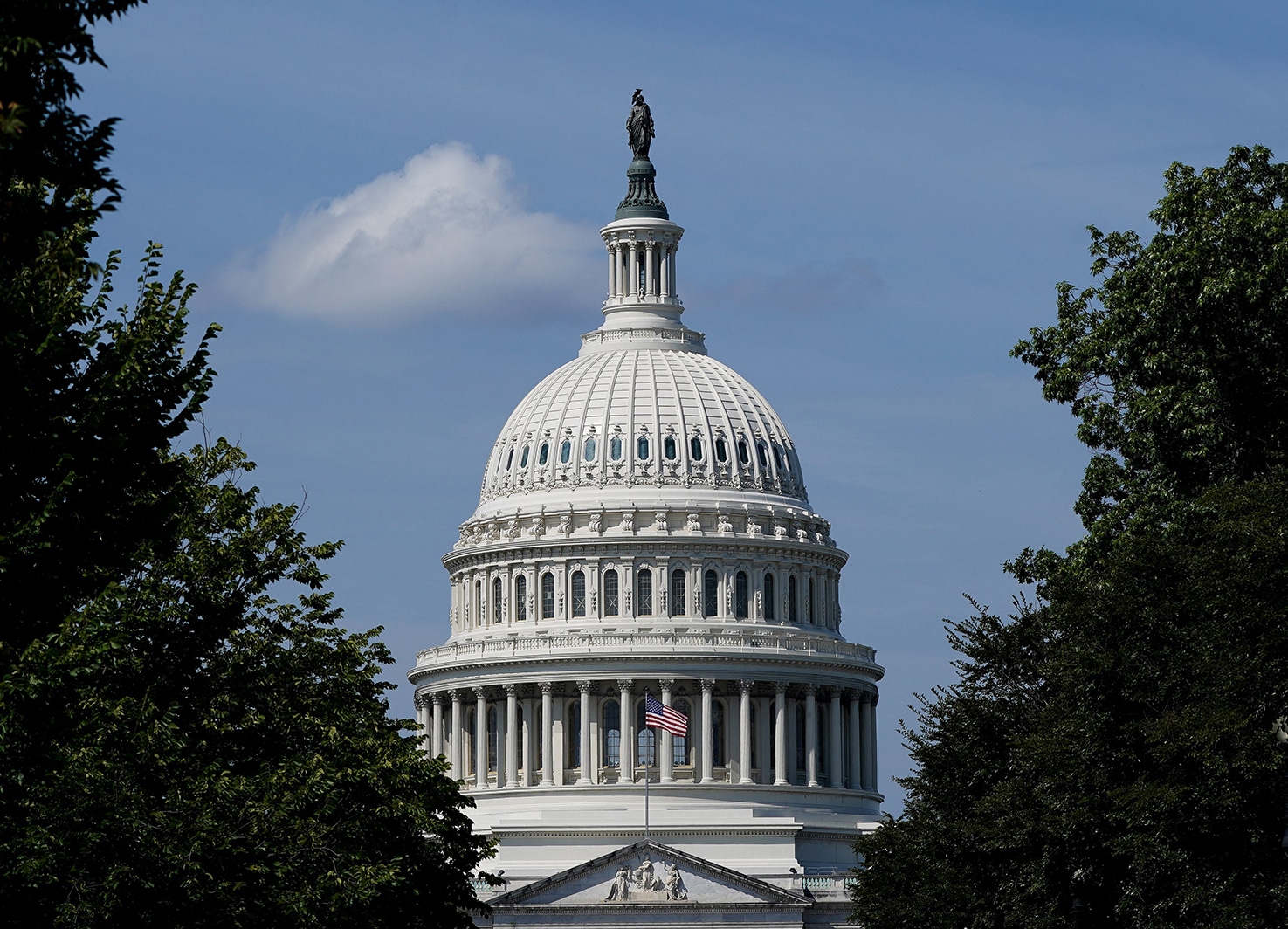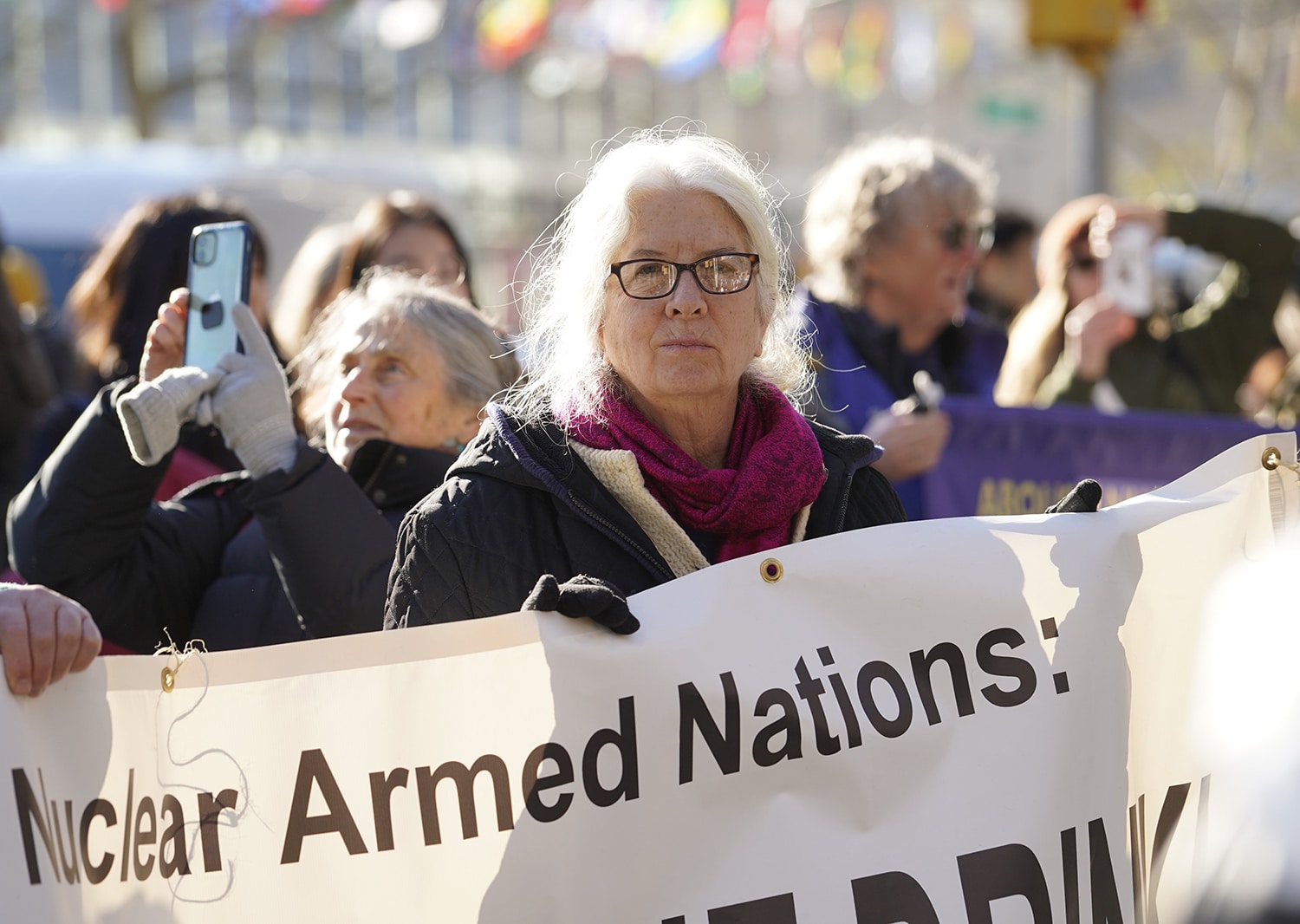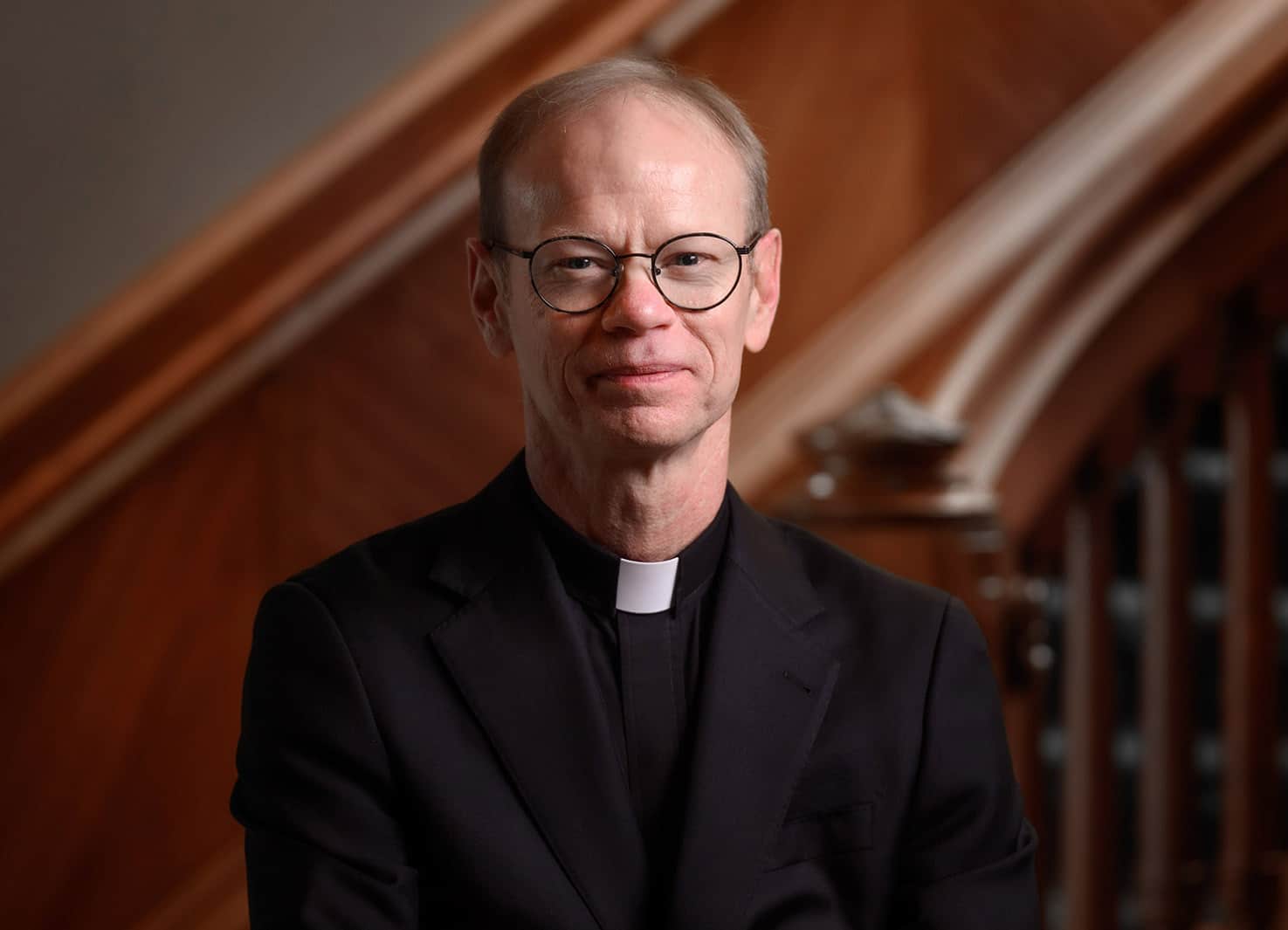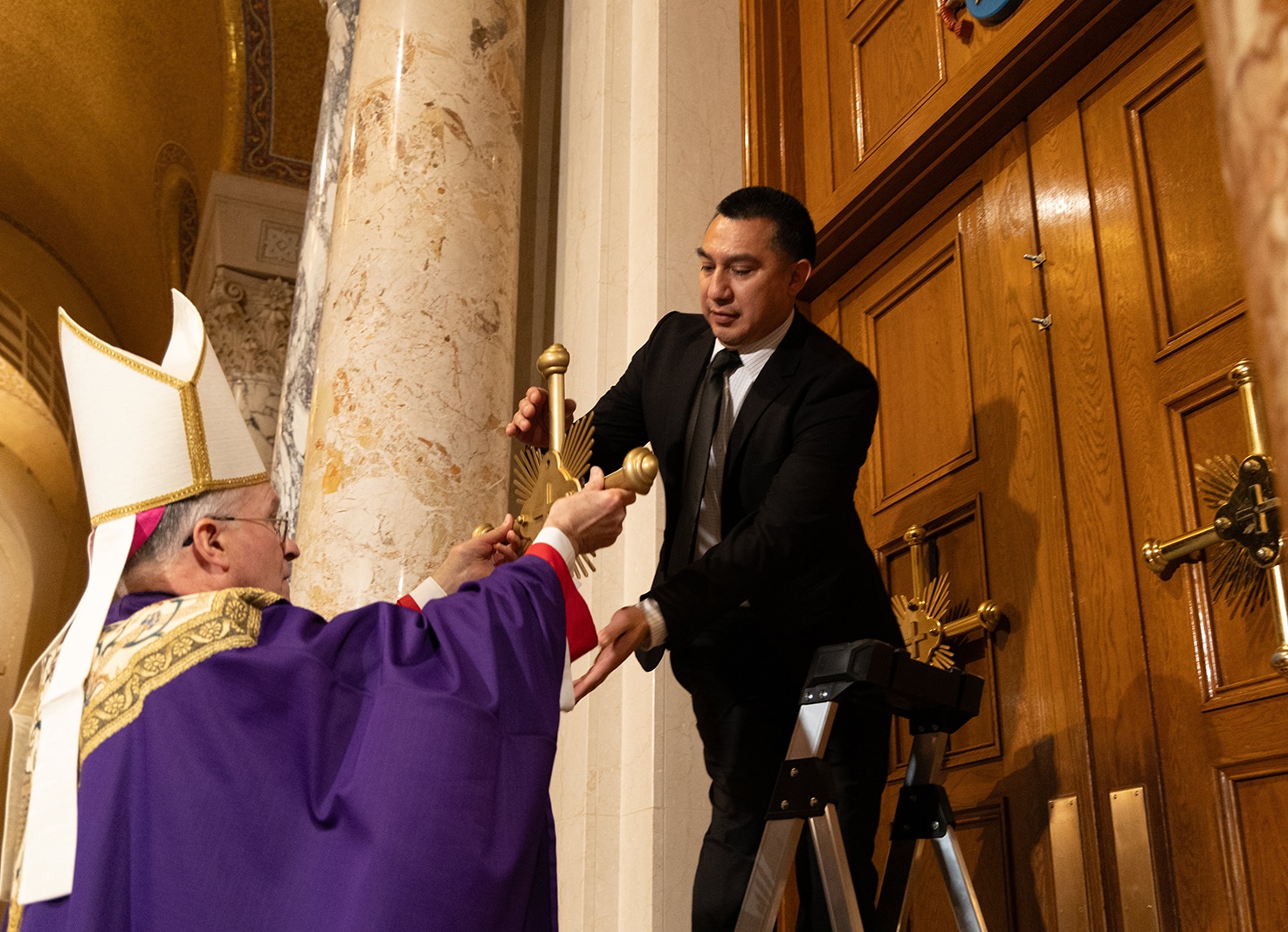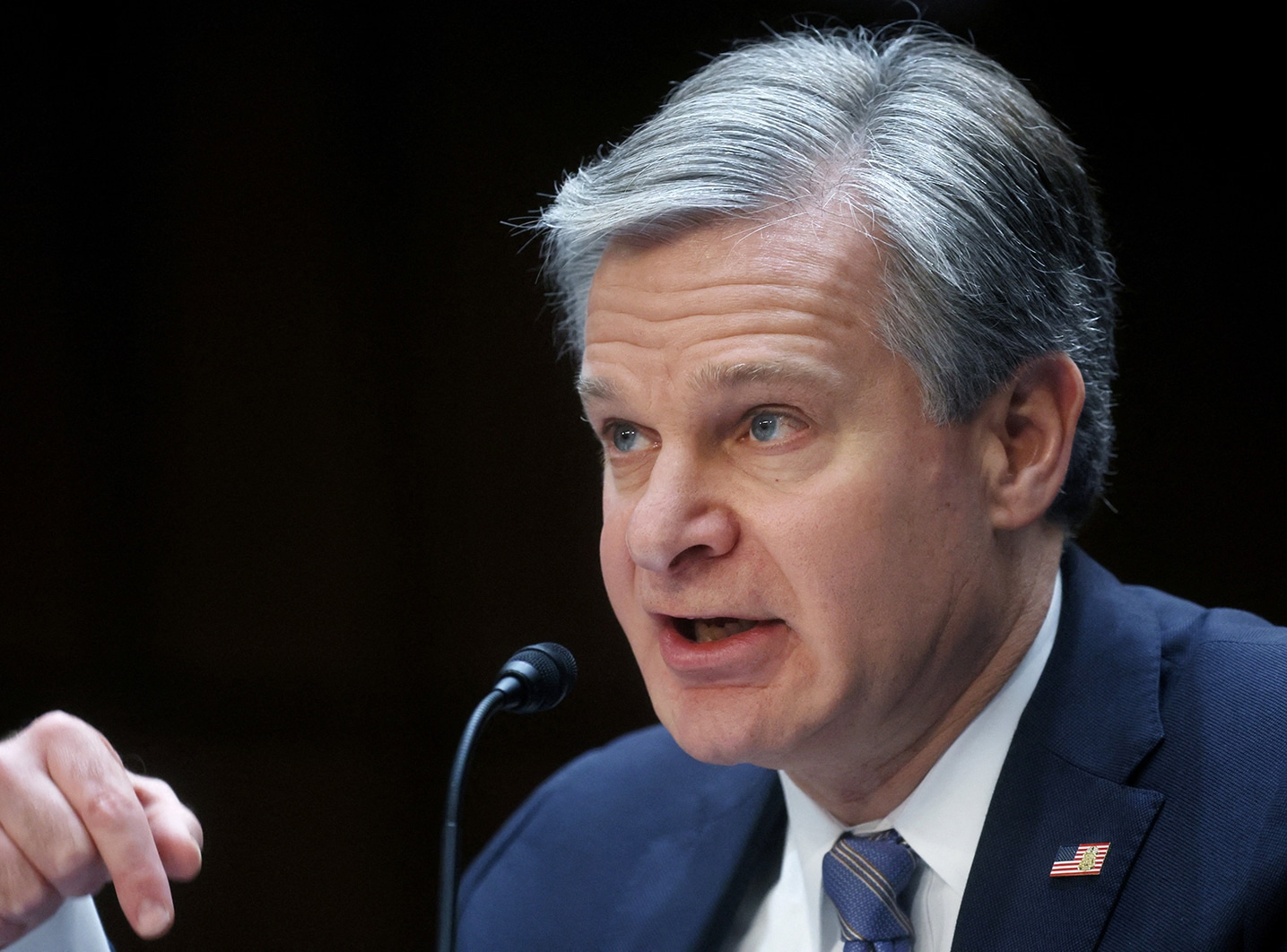WASHINGTON (OSV News) — Rep. George Santos, R-N.Y., was expelled from the U.S. House of Representatives on Dec. 1 following a scathing ethics report including allegations of fraud and using campaign funds for personal expenses. Sandra Day O’Connor, who was the first female U.S. Supreme Court justice, and often a crucial swing vote as a moderate, died the same day in Phoenix, per a statement from the high court. She was 93.
House expels Santos
The House voted 311-114 to expel Santos in a historic vote. Santos is just the sixth member of that body, and the first Republican, to be expelled in its history. Of the other five lawmakers who were expelled, three took up arms for the Confederacy against the Union during the Civil War and two were convicted on federal charges.
Santos previously declined a re-election bid after a damning report by the House Ethics Committee that detailed what it called “overwhelming evidence of his misconduct.” The committee referred the evidence from its investigation (which compiled 170,000 pages of documents) to the Justice Department.
The report said the committee found evidence of false or incomplete reports filed with the Federal Election Commission, the use of campaign funds for personal expenditures, and violations of the Ethics in Government Act over financial disclosure statements. The report added Santos was not cooperative with the investigation.
In a defiant press conference the day before the vote, Santos called the vote “bullying” and the allegations “theater.” He claimed a vote to expel him could damage his then-colleagues’ careers.
“This will haunt them in the future where mere allegations are sufficient to have members removed from Congress when duly elected by their people in their respective states and districts,” he said.
Santos, a baptized Catholic, was caught last year in a very long list of falsehoods about his life’s story, among them the claim that his grandparents were Jewish refugees who escaped the Nazis by fleeing to Brazil. Genealogical records showed they were in fact Catholics born in Brazil.
Sandra Day O’Connor, first woman on the U.S. Supreme Court, dies at 93
Over nearly a quarter-century on the high court, O’Connor became known as a pragmatist and a moderate, often considering the facts of the case to reach rulings on issues like abortion or the death penalty that varied in scope.
One of her most notable votes was joining a 5-4 majority in Bush v. Gore, a decision that led to President George W. Bush being declared the winner of the 2000 presidential election.
Another notable vote was her siding with the 5-4 majority in Planned Parenthood v. Casey (1992), which reshaped the court’s abortion jurisprudence established by the 1973 Roe v. Wade decision. Both those cases were later overturned by the Supreme Court’s 2022 decision in Dobbs v. Jackson Women’s Health Organization.
Chief Justice John Roberts said in a statement, “A daughter of the American Southwest, Sandra Day O’Connor blazed an historic trail as our Nation’s first female Justice.”
“She met that challenge with undaunted determination, indisputable ability, and engaging candor,” Roberts said. “We at the Supreme Court mourn the loss of a beloved colleague, a fiercely independent defender of the rule of law, and an eloquent advocate for civics education. And we celebrate her enduring legacy as a true public servant and patriot.”
DeSantis and Newsom debate
Govs. Ron DeSantis, R-Fla., and Gavin Newsom, D-Calif., participated in a debate hosted by Fox News’ Sean Hannity, a conservative commentator, resulting in a somewhat lopsided event, in which both parties’ absent frontrunners also loomed large.
DeSantis, who is seeking his party’s nomination in 2024, and Newsom, who is often floated as a future Democratic presidential contender, spared over their red and blue state records.
Both political leaders are baptized Catholics; they have also clashed with the bishops of their respective states on public policy in nearly mirror opposite ways. For instance, DeSantis’ positions align more closely with the church on abortion, while clashing on migrants and the death penalty; Newsom has advanced abortion aggressively above the church’s objections, while aligning with the church more on the treatment of migrants and abolishing the death penalty.
Newsom, for whom the event was an opportunity to introduce himself to a national, potentially more conservative audience, was quick to point out that DeSantis is not gaining traction among that same audience, as he trails his party’s frontrunner, former President Donald Trump, by a wide margin.
“We have one thing in common: Neither of us will be the nominee for our party in 2024,” Newsom said. He later quipped of DeSantis’ bid: “How’s that going for you, Ron? You’re down 41 points in your own state.”
One of the many subjects on which the pair clashed was abortion.
In a Dec. 1 statement, Marjorie Dannenfelser, president of SBA Pro-Life America, a group that works to elect pro-life candidates to public office, hit Newsom for what she called a “no limits” position on abortion.
“Last night’s debate shocked the national conscience when California Governor Gavin Newsom refused to support any protections for babies in the womb,” Dannenfelser said Dec. 1. “Even when given several opportunities, No-Limits Newsom would not list a single limit he supports on abortion — not even in the seventh, eighth or ninth month.”
Dannenfelser said Newsom shows the old “Democratic platform of ‘safe, legal and rare’ abortions is now in the ash heap of history,” replaced by “all-trimester abortions, for any reason on demand.”
She said, “That position is not only inhumane but wildly out of step with the nearly three fourths of Americans who want limits on abortion after 15 weeks when science shows babies feel pain.”
Report sheds light on capital punishment in U.S.
Just five states — Texas, Florida, Missouri, Oklahoma and Alabama — carried out executions in 2023, while a majority of U.S. states have banned or paused the practice by executive order, according to a new report by the Death Penalty Information Center.
However, there was an increase in executions in 2023 from the previous year: 24 people were executed in 2023, while 18 were executed in 2022. This year, the report said, was the ninth consecutive year with fewer than 30 executions.
The report attributed the increase in executions in 2023 over the prior year from DeSantis resuming the practice in Florida ahead of his presidential bid.
Robin M. Maher, DPIC’s executive director, said in a statement the report shows “most Americans no longer believe the death penalty can be imposed fairly.” Maher also noted opposition to the death penalty increased among conservative lawmakers and elected officials in 2023.
The Catholic Church opposes the use of capital punishment. St. John Paull II said that “the new evangelization calls for followers of Christ who are unconditionally pro-life,” and called the death penalty “both cruel and unnecessary.” Pope Francis has also strongly affirmed the teaching, calling the death penalty morally “inadmissible” in his 2020 encyclical “Fratelli Tutti” and a 2018 change to the church’s catechism.

